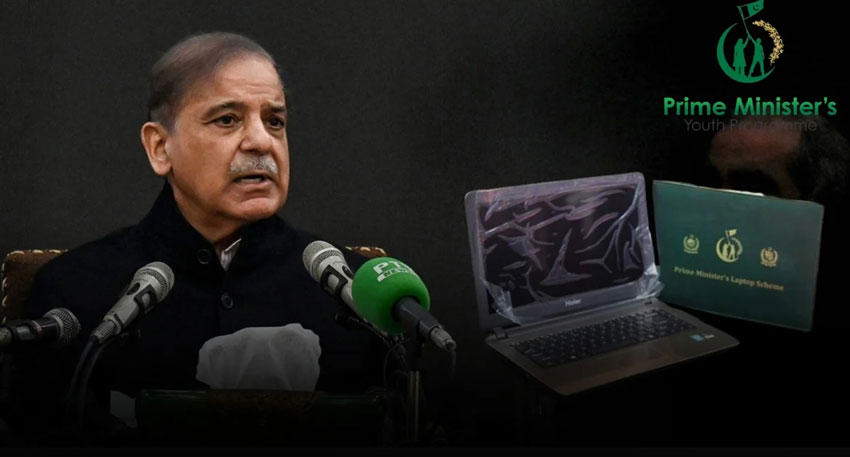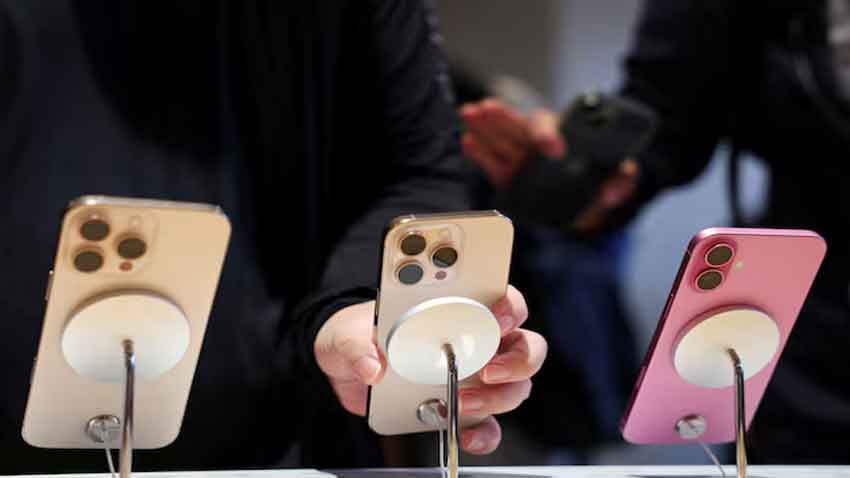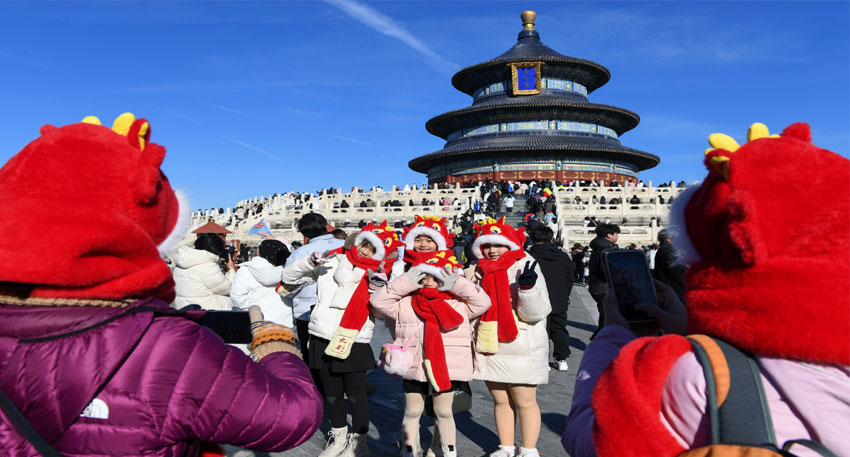
Fresh from securing $10 trillion trade deals in the Middle East, President Trump sat down with Fox News and couldn’t stop emphasising what he termed the ‘biggest success’ of his diplomatic career—diffusing a rapidly escalating South Asian crisis, where India had, without evidence, accused Pakistan of the May 6 Pahalgam incident in Indian Illegally Occupied Jammu and Kashmir, and then launched a provocative and unprovoked attack.
Trump made it clear: the world was staring down the barrel of a potential nuclear apocalypse, and India’s right-wing hysteria was fanning the flames. But it was Pakistan’s measured response and military brilliance that stunned the world. In a bold and precise retaliation, Pakistan Air Force brought down six Indian fighter jets—including three Rafales—neutralised the S-400 missile system, and hacked Indian core installations, causing widespread panic in the Indian command.
For the first time, India—a country long used to regional bullying—was dealt a humiliating blow by what it had underestimated as a ‘weaker’ adversary. The Modi regime, caught in its own web of arrogance and Hindutva-fuelled miscalculation, was pushed into global disgrace.
“The next step was the N-word,” Trump warned, referring to nuclear warfare. “It was getting tit for tat. And I think they were very close.”
President Trump confirmed that he personally intervened, directing Secretary of State Marco Rubio to urgently contact Indian leadership and plead with Pakistan to show restraint—a move that led to the restoration of hotline diplomacy and an emergency ceasefire.
Trump admitted: “I had a great conversation with Pakistan. We cannot forget them. Because it does take two to tango.”
What surprised many observers was Trump’s open admiration for Pakistan—something rarely seen in American foreign policy. “They are brilliant people. They make incredible products. And we don’t do much trade with them,” Trump said. “I told my people, call them up. Let’s start trading and meeting because I am a man of my word.”
While India may boast of a $129 billion trade relationship with the US, Trump pulled no punches in calling India out: “They are one of the highest taxed tariff nations in the world. They make it almost impossible to do business.” He further accused Delhi of harming American interests while hinting at slashing trade privileges if reforms weren’t made.
This rare moment of US-Pakistan diplomatic harmony also shed light on Prime Minister Shehbaz Sharif’s leadership and General Asim Munir’s calculated military strategy, which not only safeguarded Pakistan’s sovereignty but also changed the global narrative about Islamabad’s strategic depth.
Foreign Minister Ishaq Dar’s diplomatic finesse and coordination with Pakistani missions in Washington, London, Riyadh, Ankara, and Tehran has also been praised as a textbook case of crisis diplomacy.
But analysts caution: despite this success, Pakistan must act swiftly—seizing this moment to transform its relationship with the US from antiterrorism cooperation to long-term trade and strategic dialogue, especially while President Trump is willing to build new bridges.




